HIPAA Compliance for SMBs: What You Need to Know if You Handle Health Data
HIPAA Isn’t Just for Hospitals
When most people hear “HIPAA,” they picture large hospitals, insurance companies, and sprawling healthcare networks. But the truth is, HIPAA regulations apply to many small and mid-sized businesses too, often in ways owners don’t realize.
If your business handles protected health information (PHI) in any capacity, whether you’re managing patient files for a medical office, providing billing services, or offering IT support to a healthcare provider, you may be legally required to comply with HIPAA’s strict rules.
And the stakes are high. Non-compliance can lead to hefty fines, legal trouble, and loss of client trust. But more importantly, compliance builds confidence with the people who trust you with their most sensitive data.
In this post, we’ll break down what HIPAA means for SMBs, who it applies to, what counts as PHI, and the steps you can take right now to protect both your customers and your business.
Who Needs to Follow HIPAA?
HIPAA, the Health Insurance Portability and Accountability Act, sets rules for how certain businesses handle protected health information (PHI). While it’s easy to assume it only applies to doctors, hospitals, and insurance companies, the law actually covers a wider range of organizations.
Under HIPAA, there are two main groups that must comply:
1. Covered Entities
These are the organizations directly involved in patient care, health coverage, or health data processing. They include:
- Healthcare providers – such as clinics, dental offices, therapists, and pharmacies
- Health plans – including insurance companies and employer-sponsored health plans
- Healthcare clearinghouses – organizations that process health information for billing, claims, or other administrative functions
2. Business Associates
Any person or company that handles PHI on behalf of a covered entity falls into this category. This is where many small and mid-sized businesses are surprised to learn they’re included.
Examples of business associates:
- An IT company that manages a clinic’s network or cloud storage
- A billing service that processes patient invoices
- A document shredding company that destroys medical files
- A marketing agency that runs campaigns using patient appointment data
- A software vendor providing EHR (electronic health records) or scheduling tools
If you touch, store, transmit, or process PHI, even indirectly, you’re responsible for following HIPAA rules.
What Counts as Protected Health Information (PHI)?
At its core, PHI is any health-related information that can be linked to an individual. That link can be direct—like a name—or indirect—like a combination of details that could reasonably identify a person.
Examples of PHI
PHI isn’t limited to electronic data, it also includes paper records, verbal communications, and images.
When Data Becomes “De-Identified”
Information is no longer considered PHI if all identifying details are removed and there’s no reasonable way to link it back to an individual. For example, aggregate statistics about patient outcomes can often be shared without violating HIPAA.
If your business handles any of these types of data, even occasionally, you must protect it in compliance with HIPAA’s privacy and security requirements.
HIPAA Compliance Requirements for SMBs
HIPAA compliance boils down to protecting PHI by following a set of privacy, security, and breach notification standards. For small and mid-sized businesses, this often means building policies, procedures, and safeguards into everyday operations.
HIPAA’s rules are grouped into two main areas:
1. The Privacy Rule
This governs who can access PHI and how it’s used or shared.
Key requirements:
- Limit access – Only employees with a legitimate job need should have access to PHI.
- Patient consent – Obtain necessary permissions before sharing PHI for purposes beyond treatment, payment, or operations.
- Documentation – Maintain clear records of data sharing, requests, and disclosures.
2. The Security Rule
This focuses on how PHI, especially in electronic form, is protected.
Safeguards include:
Administrative Safeguards
- Conduct regular risk assessments
- Create and enforce security policies
- Provide ongoing HIPAA training for staff
Physical Safeguards
- Control facility access (locked file rooms, keycard entry)
- Secure workstations and devices
- Properly dispose of paper and electronic records
Technical Safeguards
- Encrypt PHI at rest and in transit
- Use strong, unique passwords and multi-factor authentication
- Maintain audit logs and automatic logoff features
- Implement firewalls and intrusion detection
A critical part of compliance for SMBs is signing a Business Associate Agreement (BAA) with any vendor who also handles PHI on your behalf. This ensures they’re held to the same standards you are.
Common HIPAA Mistakes SMBs Make
For many small and mid-sized businesses, HIPAA compliance challenges come from oversight rather than intent. Unfortunately, even small errors can lead to serious violations and costly penalties.
Here are some of the most common pitfalls:
Avoiding these mistakes requires a combination of clear policies, consistent training, and the right technical safeguards.
How an IT Partner Can Help
For many SMBs, maintaining HIPAA compliance on their own can feel overwhelming, especially without dedicated IT staff. This is where partnering with an experienced IT provider can make all the difference.
Here’s how the right IT partner can support your compliance efforts:
With the right IT partner, HIPAA compliance becomes a managed, proactive process, not a last-minute scramble when an auditor calls.
Protect Your Patients and Your Business
HIPAA compliance isn’t just a legal requirement, it’s a commitment to safeguarding the trust your clients place in you. Whether you’re a covered entity or a business associate, the way you handle PHI reflects directly on your professionalism, credibility, and integrity.
By putting the right safeguards in place, technical, physical, and administrative, you can reduce risk, avoid costly penalties, and give your customers confidence that their information is safe.



